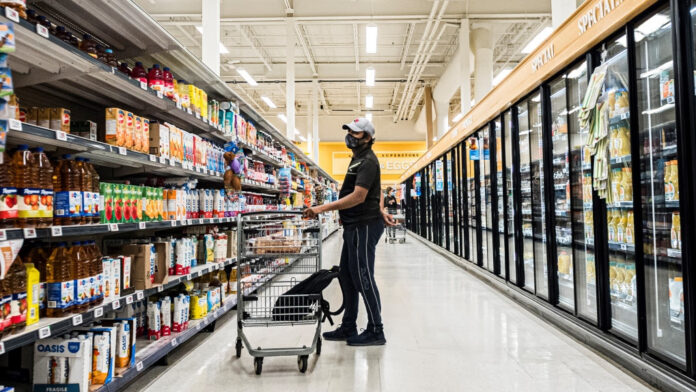AS rising food prices take a bite out of Canadians’ budgets, new data from the non-profit Angus Reid Institute finds four-in-five changing their household’s menu to keep up.
While three-in-five (62%) are eating out less and one-quarter are drinking less alcohol, a significant segment of Canadians are making changes to what they put in their cart to save money as grocery bills rise. Almost half (46%) say they are switching to cheaper brands, one-third (35%) are cutting back on meat and one-in-five (21%) are buying less fresh fruit and vegetables.
Inflation isn’t the only factor: Canada’s system of supply management is also pushing prices upwards as new, higher prices for farmers for their milk and butter came into effect on February 1.
While Canadians broadly say they support supply management (68% do), there is significant interest in – at minimum – pausing its pricing requirements in the face of increasing food costs. One-quarter (27%) of Canadians say supply management policies should be relaxed in the face of rising grocery bills, while a further third (32%) believe the system should not exist in the first place. Two-in-five (40%) say the system should stay as is even as food prices continue to rise.

More Key Findings:
- For those with children under 13 in their household, nine-in-ten (89%) say they’ve changed up their food shopping habits in response to rising prices. That includes three-in-five (60%) who have switched to cheaper brands at the grocery store, more than the two-in-five (42%) of those without young children in their household who say the same.
- A majority in Saskatchewan (53%), Manitoba (53%) and Atlantic Canada (56%) say it is difficult to feed their household.
- Across the country, in every province a majority would like to see a temporary pause – or supply management be done away with completely.













